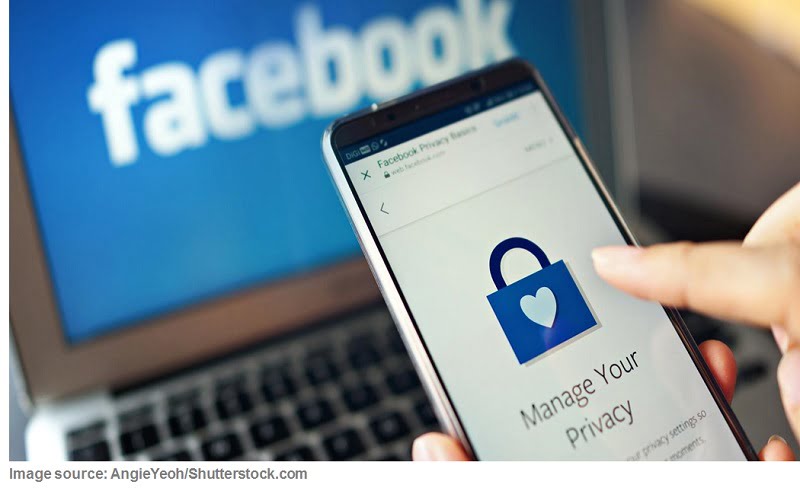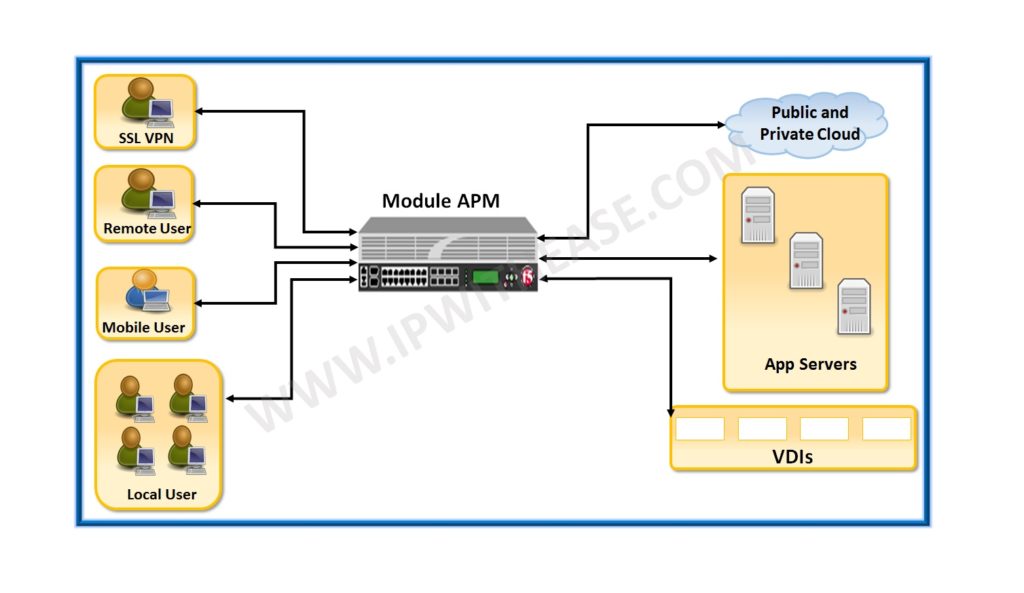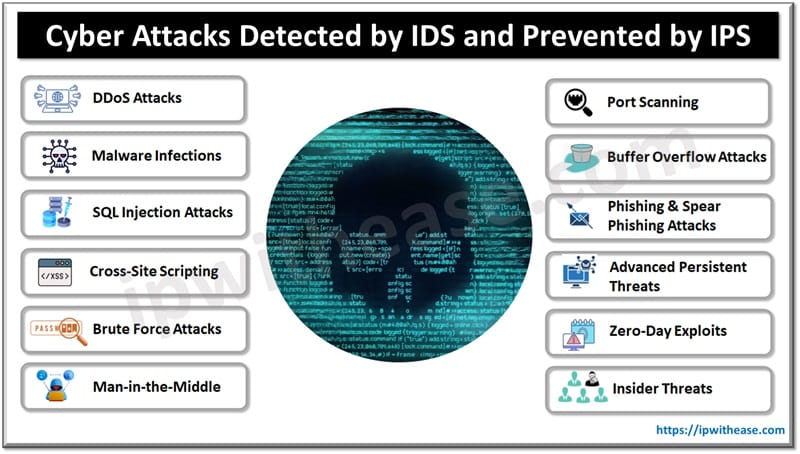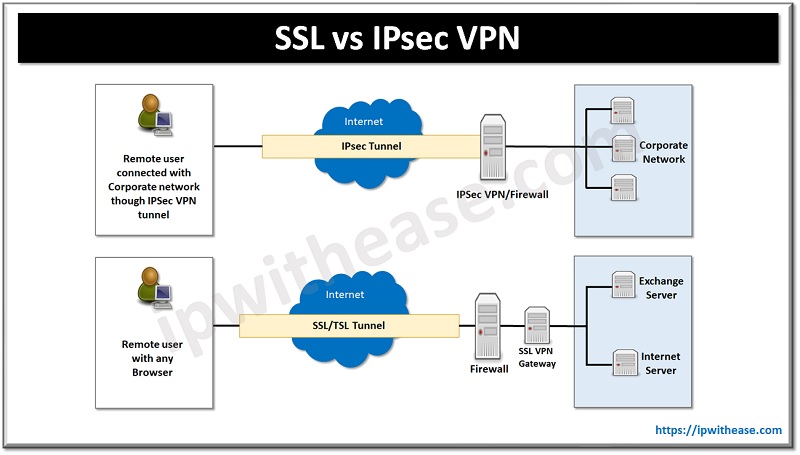The modern world has advanced rapidly over the past few years. It’s become far more connected and integrated than ever before. The internet, in combination with modern technology and devices, has brought a new and unique way of communicating with other people. From video calls with people on the other side of the world to instant messaging from absolutely anywhere, our modern society has become almost unrecognizable compared to what it looked like 20 years ago.

One of the most important things that our modern world thrives on is social media. Platforms like Facebook, Twitter, Instagram, and TikTok have taken over our world, and it’s almost impossible to find someone that doesn’t have a profile on at least one of these platforms!
Social media has become an integral part of our daily lives. We use it to connect with friends and family, to stay informed, and to express ourselves. While it’s convenient and fun, it’s important to be aware of the potential risks associated with social media. Your accounts could be at risk from hacking, phishing, and other malicious activities coordinated by cyber criminals. In the article below, we will discuss the importance of using strong and unique passwords, and why you should consider using a premium password manager to keep your passwords safe.
Use Strong and Unique Passwords
One of the most significant risks associated with social media is hacking. Hackers are always on the lookout for vulnerabilities in popular websites and apps, and once they find one, they can exploit it to gain access to your account. From there, they can steal your personal information, spread malware on your devices, or even take control of your account and use it for malicious purposes. This is why it’s crucial to use strong and unique passwords for each of your social media accounts.
A strong password is one that is long and complex and contains a combination of uppercase and lowercase letters, numbers, and special characters. The longer the password, the more secure it is. The most important part of creating strong passwords is that you don’t use your personal information in the password — many people do this because it’s much easier to remember.
From their date of birth to use their names, people will usually use their personal information to create passwords because they think it’s safe and secure while being easy to remember. However, hackers can easily find this information on the internet, and it’s usually the first thing that they will try when attempting to break into your account. Studies have shown that it’s best to create passwords using random words, or even a random combination of letters, numbers, and symbols.
You’re also going to need to use unique passwords. A unique password means not using the same password for multiple accounts. This is important because if one of your accounts is compromised, the hacker won’t be able to access your other accounts with the same password. Websites and companies often suffer data breaches, which is when hundreds (sometimes thousands) of users’ login credentials are uncovered and sold on the dark web. If you’re using the same password for multiple accounts, a hacker could steal your Facebook login credentials and try to use the same password for your online banking profile — which would be successful if you’re using the same login credentials!
Other Risks to Your Login Credentials
You should also be careful when using public Wi-Fi networks. Public Wi-Fi networks are often unsecured, which means that anyone can intercept your information as it travels over the web. Cybercriminals often use these networks to steal the login credentials of other users on the same network. When you’re using social media, it’s best to avoid using public Wi-Fi and instead use a private, encrypted network. You can also use a VPN to secure your connection if you need to use a public WiFi hotspot.
Another risk associated with social media is phishing. Phishing is when hackers send you an email or message that appears to be from a trusted source, such as your bank, your social media account, or your email provider. The message will ask you to click on a link or provide personal information, and if you do, you’ll be taken to a fake website that looks like the real thing. The fake website will then steal your personal information or install malware on your device. To avoid falling for a phishing scam, be wary of unsolicited messages and always check the sender’s email address before clicking on any links.
Hackers are becoming more and more clever by using social engineering. This is when they pose as a person or company that you might know and trust. On social media, the hackers can pose as a page that is offering a giveaway to something that you might be interested in. For example, they might be giving away free tickets to an upcoming sporting event, and to enter you simply need to log into your account, provide some personal information, and you’re in the fake prize draw.
How to Safely Keep Track of Passwords
It’s important to use strong and unique passwords, but it’s also difficult to remember them all. This is where a premium password manager comes in. A password manager is software that securely stores all of your passwords in one place — it’s like a secure virtual vault! You only have to remember one master password to access the password manager. The master password is randomly generated by the software, so you don’t have to worry about it being hacked by a cybercriminal. The software will automatically fill in your login information for you. This not only saves time but also ensures that you’re using strong and unique passwords for each of your accounts.
Social media can put your accounts at risk, but you can protect yourself by using strong and unique passwords, being careful when using public Wi-Fi networks, and avoiding phishing scams. A premium password manager can also help keep your passwords secure, so you don’t have to remember them all, and you can rest assured that your personal information is protected. By taking these steps, you can enjoy the benefits of social media without putting your accounts at risk.
Continue Reading:
Protecting Against Spear Phishing: Malicious Employee or Outsider Threat?
Can VPN Protect Your Network and Device from Getting Hacked?
ABOUT THE AUTHOR
IPwithease is aimed at sharing knowledge across varied domains like Network, Security, Virtualization, Software, Wireless, etc.



